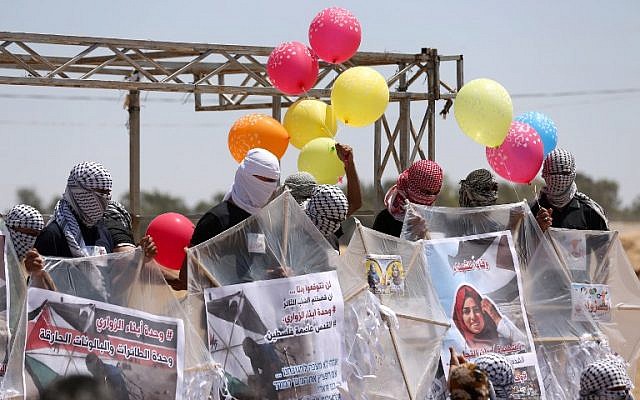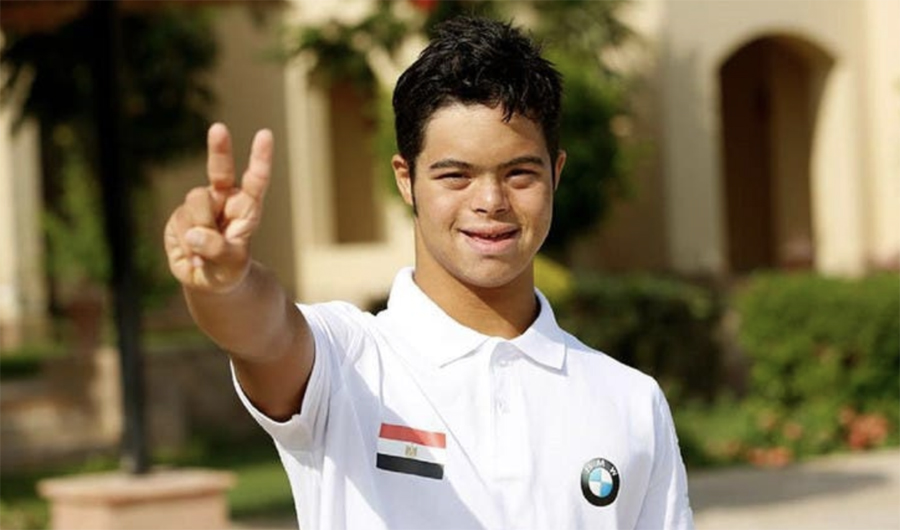US official holds talks over land and maritime borders between Lebanon and Israel
BEIRUT: US Deputy Assistant Secretary of State for Near Eastern Affairs David Satterfield has held a new round of talks with Lebanese officials, regarding the negotiation mechanism between Lebanon and Israel on their land and maritime borders.
However, a Lebanese government source told Arab News that “things are still complicated.”
Satterfield, currently in Beirut, met with Lebanon’s Speaker Nabih Berri and Prime Minister Saad Hariri on Wednesday.
The source said: “Complications are not only limited to the negotiation’s time frame, but to every other detail, particularly the issue of setting the maritime border.
“The file of setting the land border, however, is not an issue, where there is an adopted and continuous negotiation mechanism,” the source added.
In 2012, US meditation by former envoys Frederic Hof and Amos Hochstein acknowledged Lebanon’s right to 500 square kilometers of the disputed area along the Lebanese-Israeli border.
Lebanon rejected Satterfield’s suggestion that Israel could invest oil wealth extracted from the area into a 360-sq km zone.
UN Special Coordinator for Lebanon Jan Kubis informed Aoun and Berri on Monday that the UN had agreed to sponsor and host negotiations at its regional headquarters in Naqoura. Berri’s press office said the meeting discussed the issue of land and maritime borders, while Hariri’s said the meeting “reviewed the path of (Satterfield’s) mission.”
Maj. Gen. Stefano Del Col, UN head of mission and force commander in Lebanon, chaired Monday’s tripartite military meeting in Naqoura between official representatives of the Lebanese and Israeli armed forces.
Discussions “focused on air and ground violations, the situation along the Blue Line, the issue of permanent violations including in the northern part of the village of GHajjar, as well as other issues within the scope of the UN Security Council.”
Maj Gen. Del Col asserted that “the Tripartite mechanism is a successful conduit in finding solutions and minimizing tensions, as it allows us all to take stock of current pressing issues and security concerns along the Blue Line, in an open and transparent manner.”
Meetings in Naqoura have been regularly held under the auspices of the UN since the 2006 war in southern Lebanon, as an “essential conflict management and confidence building mechanism,” according the UN’s media office.

US in new push to resolve Israel-Lebanon sea border disputeLebanon tells Israel its border wall violates sovereignty



